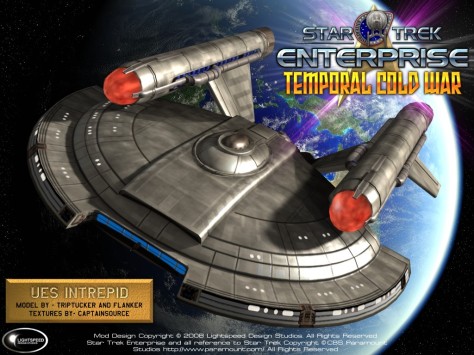I am researching the National Security Agency’s surveillance of Americans and how this surveillance subverts democracy in America. My research topic is relevant both because of the revelations brought about by Edward Snowden’s release of classified government documents as well as a continuing technological trend where more and more data about people is collected by the companies and the government, placing everyone under some form of near constant surveillance.
Scholars have examined spying by the United States government since its invention, yet with the recent NSA surveillance revelations new emphasis has been placed on the study of these surveillance efforts. With the treasure trove of documents obtained after Edward Snowden, an NSA contract worker, leaked classified documents to several media publications, researchers have begun to analyze the different programs the NSA used to carry out this spying and their individualistic effects. Yet due to the recent nature of the document releases, there is not much research on the effect of this massive government surveillance as a whole. I am hoping that my RBA can address this area of research and provide new light on the overall effects of NSA surveillance. To do this I plan on examining both prior government spying efforts, especially those during the Cold War, to compare and contrast both the intentions behind this surveillance and its efficacy. I am planning on combining this prior knowledge with current research on the NSA programs to develop a holistic view of NSA spying practices and the effects on democracy in America. Specifically, certain research has been developed that allows for quantitative analysis of the chilling effects of surveillance on privacy in the modern era, and this research combined with research detailing the effects of past surveillance regimes can allow us to gain insight into the effects of surveillance before they have fully surfaced.


